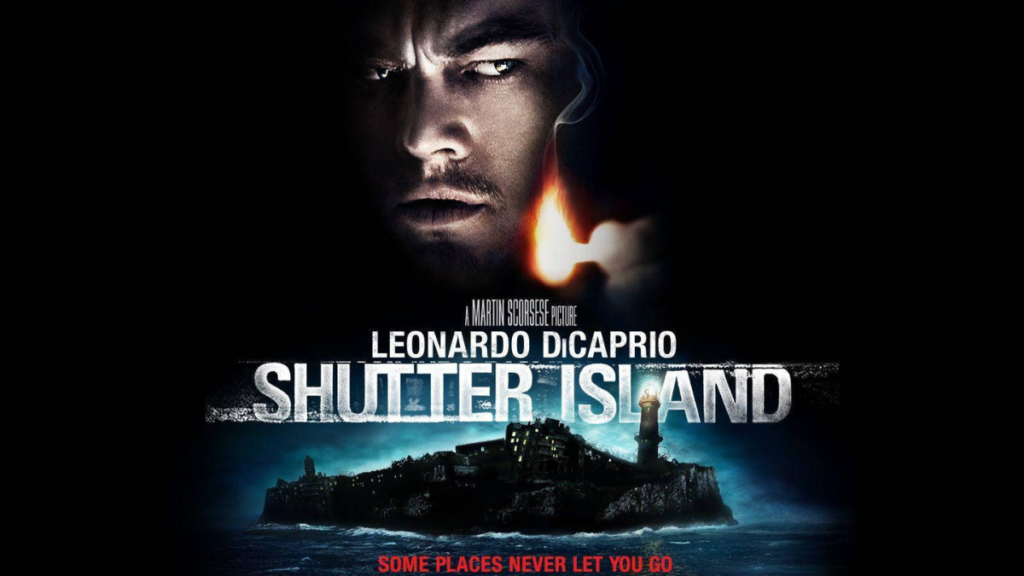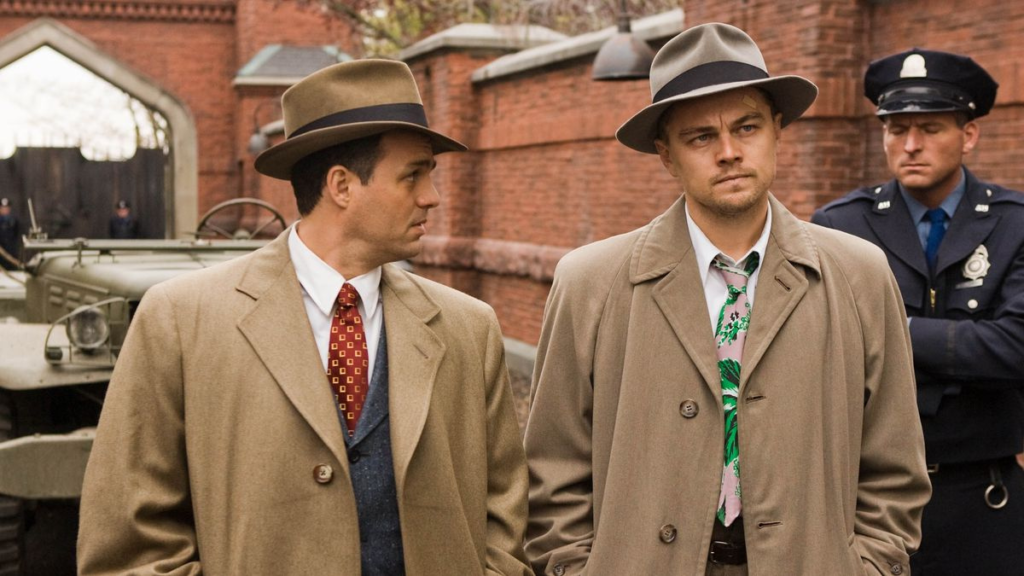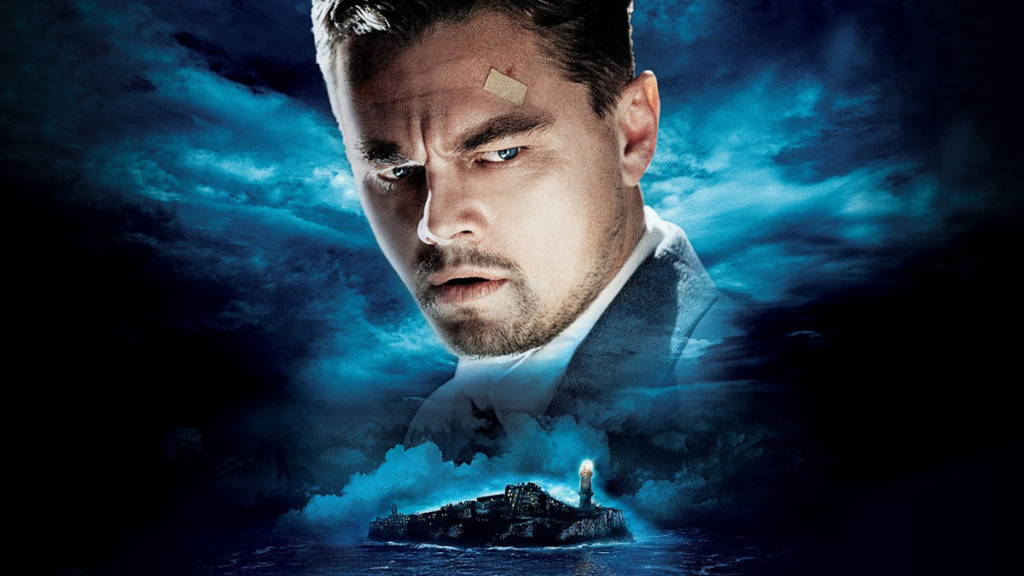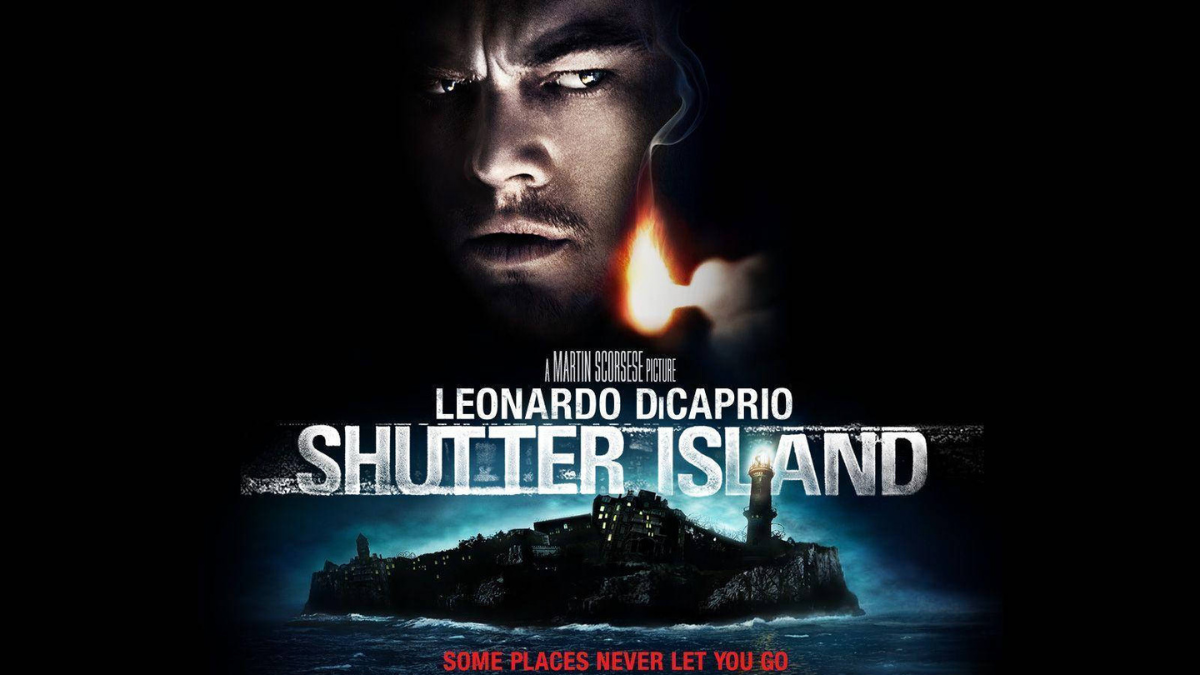Exploring the Enigma of Shutter Island: A Film That Keeps Viewers Guessing (2023 New Rereview)

Discover the mysteries of Shutter Island, explained in this comprehensive guide. Get insights, answers to FAQs, and more. Dive into the enigmatic world!
Shutter Island, directed by Martin Scorsese and featuring the talented Leonardo DiCaprio, has captivated audiences since its release in 2010. This psychological thriller, based on Dennis Lehane’s novel from 2003, takes viewers on a rollercoaster ride of mystery and mind-bending twists. DiCaprio portrays Teddy Daniels, a deputy marshal tasked with uncovering the truth behind a patient’s disappearance at a psychiatric facility on Shutter Island.
From the moment Teddy sets foot on the island, it becomes apparent that there is more to this case than meets the eye. As he delves deeper into his investigation, Teddy finds himself haunted by personal demons that manifest as haunting dreams. The plot thickens as he interviews other patients at the facility and explores the eerie grounds of Shutter Island.
The year is 1954, and Teddy, accompanied by his partner, Chuck Aule, arrives on the isolated island just before a massive storm hits. Their primary objective is to locate Rachel Solando, a woman committed to Ashecliffe Hospital for supposedly drowning her three children. However, Teddy is driven by a different agenda: the hunt for Andrew Laeddis, the man responsible for burning down his apartment and killing his wife, Dolores Chanal.

As Teddy continues his investigation, he becomes increasingly suspicious of the lead psychiatrist, Dr. Cawley, who seems uncooperative. Bizarre encounters with other patients during interrogations, as well as cryptic clues found in Rachel’s room, only add to the mounting tension. Teddy’s own past experiences as a soldier in World War II and the recurring nightmares of his deceased wife complicate matters further.
During his time on Shutter Island, Teddy uncovers unsettling truths. He learns from another patient, George Noyce, about the disturbing experiments being conducted by the staff, particularly in the island’s lighthouse, where lobotomies are performed. Rachel’s sudden reappearance, claiming Teddy to be her deceased husband, further fuels his inner turmoil. These revelations, accompanied by excruciating migraines, led Teddy to question everything he thought he knew.
Taking advantage of a storm-induced power failure, Teddy and Chuck infiltrate Ward C, the section housing the most dangerous inmates. However, their search for Andrew Laeddis proves fruitless. Instead, Teddy encounters a woman in a cave who claims to be the real Rachel. She confirms the existence of mind-control experiments performed on patients at Ashecliffe. These experiments, she explains, are the root cause of Teddy’s debilitating headaches.
FAQs: Answers to Your Burning Questions
We understand that Shutter Island can leave viewers with numerous questions. Here are some of the most common queries, answered.
What is the significance of the lighthouse in Shutter Island?
The lighthouse serves as a powerful symbol in the story, representing enlightenment and the search for truth. It’s also a focal point where the narrative reaches its climax.
Is Teddy Daniels a reliable narrator?
The film deliberately blurs the lines of reality, making it difficult to determine Teddy’s reliability as a narrator. This ambiguity adds to the suspense and mystery.
What is the meaning behind the repeated line, “Which would be worse: to live as a monster or to die as a good man?”
This line reflects Teddy’s internal struggle and his journey towards self-awareness. It poses a profound philosophical question about the nature of morality and identity.
Are there hidden clues throughout the film that foreshadow the ending?
Yes, upon rewatching, you may notice subtle hints and clues that foreshadow the shocking conclusion. The film rewards careful observation.
What is the psychological diagnosis of Teddy Daniels?
While the film does not explicitly provide a diagnosis, it suggests that Teddy suffers from severe trauma and dissociation.
Is there a deeper message or moral lesson in Shutter Island?
Shutter Island invites viewers to contemplate themes of guilt, redemption, and the consequences of one’s actions. It raises questions about the nature of justice and the human capacity for change.Determined to expose the truth, Teddy confronts Dr. Cawley, demanding to leave the island with Chuck. However, it is at this moment that Dr. Cawley shatters Teddy’s perception of reality. He reveals that Teddy Daniels is, in fact, Andrew Laeddis. By rearranging the letters of his own name, Teddy unwittingly constructed an alter ego to shield himself from the guilt of killing his wife. Delusions created by war trauma and a refusal to acknowledge Rachel’s deteriorating mental health further fueled the tragedy. The entire experience on Shutter Island, with its intricate role-playing experiment, was orchestrated to help Andrew accept his role in the tragedy and take responsibility for his actions.
When Andrew finds himself back in a hospital bed after fainting, he finally accepts the truth—that he is Andrew Laeddis, the man who killed his wife. Aware that he must not regress into his Teddy Daniels persona one more time, he is warned by Dr. Cawley that failure to do so will result in a lobotomy.
In the ending’s poignant final moments, Andrew sits on the steps of Ashecliffe with Dr. Sheehan, engaging in casual conversation. However, when Andrew mistakenly refers to his doctor as “Chuck” and mentions the previous “case,” it becomes clear that the roleplay experiment has failed once again. As the orderlies close in to lead him away for a lobotomy, Andrew poses a thought-provoking question: “Which would be worse, to live as a monster or to die as a good man?” With those words, he willingly walks towards his fate, leaving Dr. Sheehan puzzled by his final act.
Shutter Island’s ambiguous ending has sparked countless theories and discussions among viewers. While some propose that Andrew regresses back into Teddy Daniels’ persona, many argue against this interpretation. Instead, they believe that Andrew, having confronted his past, chooses to pretend in order to escape a life filled with violence and guilt. This theory suggests that the mind control conspiracy and the investigation of Ashecliffe by Teddy Daniels are both genuine. The film’s deliberate ambiguity allows for a multitude of interpretations, leaving audiences to ponder the true nature of Shutter Island and its enigmatic protagonist.
Shutter Island is a masterclass in mystery and psychological storytelling. With Leonardo DiCaprio delivering a captivating performance, the movie keeps viewers on the edge of their seats. From its intricate plot to its thought-provoking ending, Shutter Island invites audiences to immerse themselves in a world of suspense, tension, and self-discovery.

FAQs: Answers to Your Burning Questions
We understand that Shutter Island can leave viewers with numerous questions. Here are some of the most common queries, answered.
What is the significance of the lighthouse in Shutter Island?
The lighthouse serves as a powerful symbol in the story, representing enlightenment and the search for truth. It’s also a focal point where the narrative reaches its climax.
Is Teddy Daniels a reliable narrator?
The film deliberately blurs the lines of reality, making it difficult to determine Teddy’s reliability as a narrator. This ambiguity adds to the suspense and mystery.
What is the meaning behind the repeated line, “Which would be worse: to live as a monster or to die as a good man?”
This line reflects Teddy’s internal struggle and his journey towards self-awareness. It poses a profound philosophical question about the nature of morality and identity.
Are there hidden clues throughout the film that foreshadow the ending?
Yes, upon rewatching, you may notice subtle hints and clues that foreshadow the shocking conclusion. The film rewards careful observation.
What is the psychological diagnosis of Teddy Daniels?
While the film does not explicitly provide a diagnosis, it suggests that Teddy suffers from severe trauma and dissociation.
Is there a deeper message or moral lesson in Shutter Island?
Shutter Island invites viewers to contemplate themes of guilt, redemption, and the consequences of one’s actions. It raises questions about the nature of justice and the human capacity for change.
What is the exact story of Shutter Island?
Shutter Island Explained (Plot And Ending Explained) | This…
Shutter Island Explained Simply, In Short
Andrew Laeddis is a US Martial whose wife, Dolores, is mentally unstable. In spite of people’s advice, Andrew chooses to ignore her condition, and one day she drowns and murders their children. He is overtaken by rage and kills Dolores, and the incident makes him lose his mind.
Why is Shutter Island so famous?
He pays attention to every detail in this film, making “Shutter Island” one of the best suspense thrillers of all time. Visually intriguing, simplistic and absolutely phenomenal. The story is kept simplistic enough so it doesn’t get absurd, but allows for an ending which you probably won’t see coming
Is Shutter Island hit or flop?
Box office. Shutter Island was released alongside The Ghost Writer, and with $41 million finished first at the box office and gave Scorsese his highest-grossing box office opening to-date. The film remained at #1 in its second weekend, with $22.2 million


